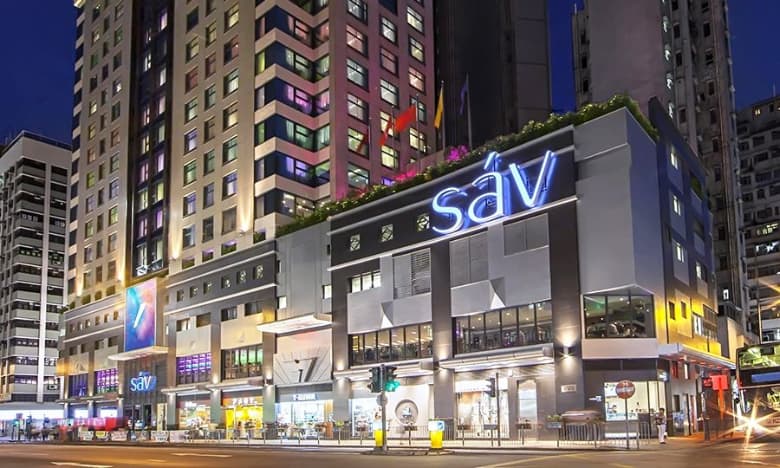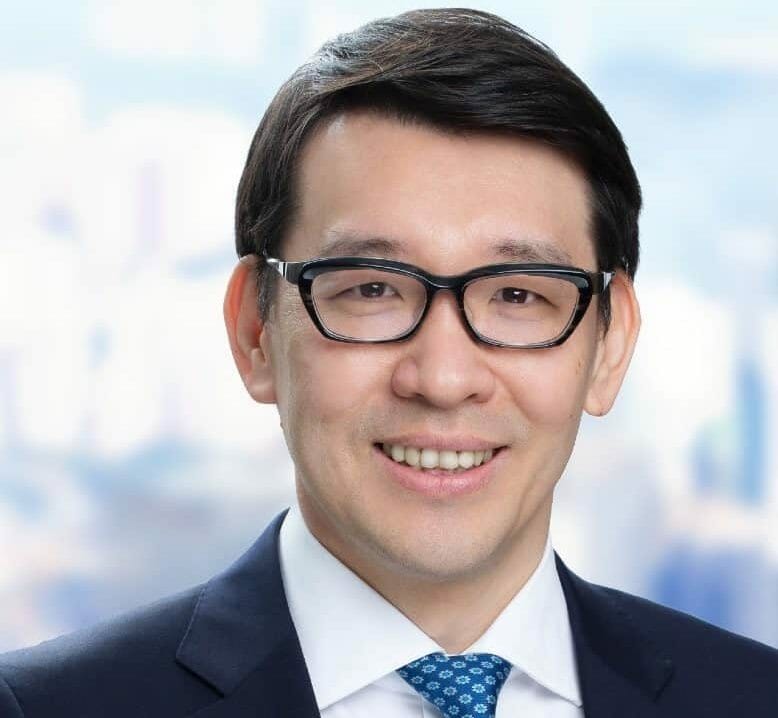
Hotel Sav may be headed for a co-living future in Hung Hom
AEW Capital Management has agreed to purchase a Kowloon hotel from Chuang’s Consortium International Ltd for HK$1.65 billion ($210 million) as hospitality to rental residential conversions come into vogue amid Hong Kong’s extended travel slump.
The Boston-based fund manager has teamed up with local developer Crystal Investment to purchase the 388-room Hotel Sav at 83 Wuhu Street in the Hung Hom area, according to an announcement on Monday from Hong Kong-listed Chuang’s, with the new owners understood to be aiming to reposition the property for co-living, although no official plan has been revealed at this time.
Citing Hong Kong’s battered tourism and hospitality sectors, Chuang’s Consortium and its UK investment holding subsidiary Fanus Ltd decided to sell the 122,108 square foot (11,344 square metre) property along with an associated co-living business already in operation in the property to generate working capital.
Although AEW had not replied to inquiries before publication of this story, the deal marks the latest instance of investors in Hong Kong acquiring hospitality assets for conversion or redevelopment as the pandemic has put a long-term dent in the travel industry. Crystal representatives declined to comment on the transaction.
AEW Chases Residential Returns
AEW, which is taking a 90 percent stake in the venture, is acquiring the property on behalf of its closed-end private Value Investors Asia IV fund, which achieved a $1.54 billion final closing in September. At the time that it wrapped up that fund-raising exercise, AEW pointed to multi-family assets, along with logistics and office, as among its top acquisition priorities.

AEW chief investment officer for Asia Pacific Jason Lee
Hotel Sav sits on a 10,204 square feet site in Hung Hom within 10 minutes’ walking distance of the Whampoa, Ho Man Tin and Hunghom MTR stations, in the traditional residential district wedged between Kai Tak and Tsim Sha Tsui.
Knight Frank advised on the transaction, with the company’s head of capital markets for Greater China, Antonio Wu, noting that, “Hotels have become one of the sought after sectors that investors can look to for value add opportunities”. AEW is paying the equivalent of HK$13,251 per square foot for the property on a gross floor area basis, or HK$4.26 million per room.
In addition to 10,045 square feet of retail space on the first two levels, a 4,745 square foot portion of the property was converted for co-living space during the pandemic and offers discounted monthly stays to attract university students and long-term tenants. The newly introduced segment was credited with helping the property’s occupancy rate recover to around 61 percent between April and September.
The deal presents a less risky investment opportunity for the new owners to install student dorms in the building given the location’s accessibility and proximity to schools like Hong Kong Polytechnic University, said Willis Mak, executive director and head of private clients for Greater China Capital Markets at Knight Frank.
“The buyer has a view that the demand for student dorms in HK is incredibly high. It would be a good investment model to convert the hotel to student dorm,” said Mak, who brokered the deal. “Student dorm provides a stable rental income to the buyer which makes the investment less risky than a traditional hotel.”
For Chuang’s Consortium, disposing of the asset will result in an estimated net gain of HK$360.1 million ($46.2 million) for the company to replenish its land bank, improve its overall liquidity and pay off loans. Completion on the sale is expected in February of next year.
The property investment firm, which owns hotels, serviced apartments, residential and commercial assets across Asia, is exiting the asset at a 1.9 percent premium over an independent preliminary market valuation as of end-November.
Hotel Transformation Trend
AEW, which specialises in repositioning assets through its value-add fund, is now the latest real estate fund manager to take advantage of Asia’s depressed hospitality sector to pick up discounted hotel assets, with similar acquisitions already being recorded during the second half of this year.
“The key reasons (for the acquisitions) are still due to the aftermath of the pandemic outbreak that affected hotel businesses and cashflow. Real estates’ funds are in a more advantageous position to negotiate for a better transaction price,” said Tom Ko, executive director and head of capital markets for Hong Kong at Cushman & Wakefield.
To the south of the Hung Hom property in Tsim Sha Tsui is the 158-room Butterfly on Prat hotel which American developer Hines acquired last month with plans to convert the property into a co-living space to be managed by local residential operator Dash Living.
In July, Warburg Pincus-backed Weave Living agreed to pay HK$390 million for a 99-room hotel in Kai Tak which it is converting into rental accommodation under its Weave Studios line in a project to be launched in the second quarter of next year.
Thanks largely to quarantining residents returning from overseas, Hong Kong’s hospitality sector has bounced back from the worst days of the pandemic, with the latest government data showing monthly occupancy rate in hotels was steady at 71 percent in the three months to October from a record low of 29 percent in February 2020.
However, that occupancy is still below early 2019 occupancy levels of 90 percent, and with the local government not expected to drop quarantine requirements before 2023, the outlook for traditional hospitality remains dim.
Leave a Reply